A Day for Fresh-Cut Flowers
Every mother has her story. The perfect mothers, the addict mothers, the Stepford mothers, the foster mothers, the teenage mothers, the Instagram mothers, and the mothers who have lost their babies—all have a story to tell. Some are tragedies; some are comedies; some are simply the stories that mothers stop writing when the telling becomes too painful.
Mother’s Day can be really rough for some of us. Some of us have dead mothers or dead babies. Some of us have estranged mothers or estranged children. Some of us have infants with a father who walked away. Some of us bite our tongues and bleed out through our eyes watching our children make the same mistakes we made or choices we hoped they’d never have to make. Some of us sit alone on this day with the television as our only companion, eating mindlessly, and remembering earlier days that were filled with children and sunlight and flowers.

Some of us are simply forgotten.
In the course of becoming mothers, we do not “change our minds” about the world. Our minds are simply changed. In the present age of individualism and bespoke identities, this feels uncomfortable to say. And yet acknowledging our lack of agency, and understanding the aspects of motherhood that modify us without our consideration or consent, is the first step toward taking control.
– Abigail Tucker, Mom Genes
Motherhood forever changes our brains, priming us to prioritize survival of the offspring. Motherhood also changes our cells, as the cells of our children remain alive within us far beyond birth in a phenomenon called fetal microchimerism. And motherhood changes our bodies, as the placenta reprograms every vital organ to give the developing fetus everything he or she needs.
A cynic could argue that a baby is a man’s way of brainwashing a woman into devoting most of her physical, mental, and emotional energy into prioritizing his offspring–at enormous personal (and irreversible) cost to her. An idealist might counter that a baby activates the mother goddess archetype that resides inside every virgin female, empowering her to renew, transform, and generate life in the secret depths of her mystical body.
Either way, most people will acknowledge that a woman is never the same after becoming a mother, for better or worse. Whether motherhood predisposes us to mental illness and physical weakness or transforms us into superhuman entities, who we are and who we become is ever after shaped by being a mother.

I spent yesterday trying to hide how much I was crying from my children. The sheer weight of Mother’s Day seems to grow for me each year. Whether I’m reflecting on my relationship with my own mother or imagining how beautiful my first daughter would be had she lived past 2 years of age, I have a hard time getting through a day that is exclusively dedicated to celebrating mothers.
Yesterday was the most beautiful Mother’s Day I’ve ever had. Two of my dear friends visited for the weekend with their children, so we had a total of 9 kids (ages 5 months to 9 nine years old) running around and having fun. We took the kids to the beach and had a cookout with watermelon for dessert. I made simple bouquets from the pear tree and mountain laurels in our backyard, and we did an easy Mother’s Day craft with the older kids. My day was filled with flowers, sunlight, children, and the most amazing husband in the world.



I have also spent Mother’s Day sobbing into the grave of my first daughter.
Now, 4 years out from her death, she is still the first thing I think about when I open my eyes on Mother’s Day. I cannot help but think of the mothers who wake up on Mother’s Day thinking about the embryos they have miscarried, the silent and unmoving babies they have given birth to, or the children they have buried. I am blessed enough to have 2 living daughters and 1 healthy stepson to remind me that some children die and some children live. Not all mothers have that experience.


Everyone is colored by his or her own experience. There are many mothers out there who were once little girls dreaming of becoming mothers, only to wake 20 or 30 years later to the dull and terrible reality that being a mom is nothing like they envisioned. There are mothers out there whose children are chronically ill or disabled or totally incapable of responsive behavior. There are mothers who don’t expect a phone call or flowers on this day, who wish they had never become mothers, and who have abandoned or injured or killed their children.
Motherhood is that brutal and beautiful origin from which every single human person arises. Everyone is born from a mother. Every human person is united to his or her mother by cell and bone and tissue and blood. This is what can make motherhood so painful, both from the perspective of the mother and the perspective of the child. Our mothers are our first sense of identity and our first experience of the I-Thou relationship. Our mothers are the first ones to teach us what it means to be in relationship with another person.

No wonder some of us have life-long mommy issues.
Many cultures have linked motherhood with destructive force, as seen in Kali, the Hindu form of the Mother Goddess who is also the Bringer of Death. We think animal mothers will kill or eat their offspring if resources are limited, they sense the infant is ill, or they need to recoup their biological investment. Animal mothers, especially dolphins and whales, have also been found to grieve their dead babies.
Mothers seem to have a unique connection with both life and death, perhaps because life is generated inside of them. Children both come to life and die inside of their mothers. Most mothers are never the same after childbirth, as the experience can bring them closer to their own death than they’ve ever been before.
It’s now popular to emphasize that c-sections are major surgeries, as though we’re late to the party in giving women their due. But childbirth has been the everyday miracle since the first humans became human. Its ubiquity cannot strip childbirth of its inherent wonder any more than the sheer quantity of mothers can strip motherhood of its mystery and terror.
My midwife with my first daughter told me that becoming a mother is learning to live with your heart outside of your body ever after. When I was a little girl, I used to pick bleeding heart flowers for my mother, who would always smile and tell me they were the perfect flowers for Mother’s Day.

I’m old enough now to understand the concept of feeling like your heart is constantly bleeding and regenerating blood. I can see the mothers surrounding me trying and trying again to do the right thing, to do it better, to work harder, or to be enough. I watch them silently torment themselves with internal language of inadequacy, fear, and an unconscious compulsion to keep going even in the extremities of exhaustion.
There is real magic in mothers—and not just in their ability to give their life force to make babies out of sperm and egg cells. There is magic in the mothers who are years or decades out from childbirth—in those who keep trying in the worst of circumstances—who keep giving of their resources when their own bodies are suffering from depletion—who take on every imaginable suffering in order to prevent their children from experiencing it.
I don’t think any of us actually become the mothers we once dreamed we would be. Our children—those unpredictable, ungovernable, and unrepeatable little people—shape the kind of mothers we become, and we mold and adapt ourselves to their needs, flowing like water to surround and soothe them. With time, our hair grows gray, wrinkles crease the corners of our eyes, and our beauty becomes less physical and more ephemeral: more like the mist that coats the clover before dawn.

There is so much beauty in every stage of motherhood and so much wonder in how mothers seem to naturally devalue themselves after encountering the traumatic and transformative process of pregnancy and childbirth. It’s like they’ve come face to face with an epiphany or vision of the sacred, and it’s strong enough to change them forever. It’s more than hormones, more than neurons, and more than genetic identity.
This morning, I woke to my infant daughter smiling radiantly at me with her toothless grin, my milk pearling at one corner of her perfect little mouth. Later, I went into my 4-year-old daughter’s room to find her in her closet, trying to put on her little pink rain boots.
Mere weeks before my first daughter’s death, she received a pair of yellow rain boots for her second birthday. Every morning, she would climb out of bed to go and pull on her too-big-yellow-rainboots and then thump around the room, smiling like the sun. It has taken my visually-impaired second daughter 2 more years than my first to attempt to pull on her own rain boots. The pink boot was half-on the wrong foot and still her joy at showing me what she had accomplished was palpable.

Children’s rain boots are a trigger for me, but they trigger both grief and delight. Daffodils make me think of my first daughter pushing around her pink toy stroller collecting “fl-ow-ers” in the early spring and my second daughter saying, “yell-ow” and the overwhelming joy I felt when I first learned she could see color. I can’t see simple things in the world around me without seeing my children anymore. I can’t watch movies or eat meals or spend time with friends without wanting to break down crying in regret, in grief, in relief, or in gratitude.
I am so far departed from the child I was when I became pregnant with my first daughter. I can no longer recognize myself except through the lens of motherhood. Some days, it just feels like everything hurts and everything is beautiful. And some days, I can feel nothing but terror at the darkness of the world into which my children didn’t ask to be born.
My children, who don’t know they play on a graveyard.
Peeta says it will be okay. We have each other. And the book. We can make them understand in a way that will make them braver. But one day I’ll have to explain about my nightmares. Why they came. Why they won’t ever really go away.
I’ll tell them how I survive it. I’ll tell them that on bad mornings, it feels impossible to take pleasure in anything because I’m afraid it could be taken away. That’s when I make a list in my head of every act of goodness I’ve seen someone do. It’s like a game. Repetitive. Even a little tedious after more than twenty years.
But there are much worse games to play.
– Suzanne Collins, Mockingjay
If you’re one of those mothers for whom Mother’s Day is painful or difficult or lonely, I’m writing this for you. You are more seen than you know, and your story is shaping those who love you, whether or not you still speak to them. If you’re grieving a mother or a child, you are not alone. Some of us have mothers who are standing in front of us and are still not there. If you’re comparing yourself to other mothers and feeling like you can never measure up, the mother you’re comparing yourself to is likely feeling the same thing.
On this day of all days, give yourself a break. Let the pain come, and then let it go. Drink some water. Take a walk in the sunlight. What we are and what we do as mothers is simultaneously the most visible and most invisible of things. Never forget that your work matters. That you matter. Your story is perpetually unfolding, and if it’s a tragedy, remember that the saddest parts of every story are also the parts that can make it the most beautiful. Remember there’s a reason why we give mothers fresh-cut flowers at the peak of their beauty on Mother’s Day.
And if you don’t have the heart to remember these things or can’t find the strength to be gentle with yourself, then do something kind for another mother. I promise you she needs it.


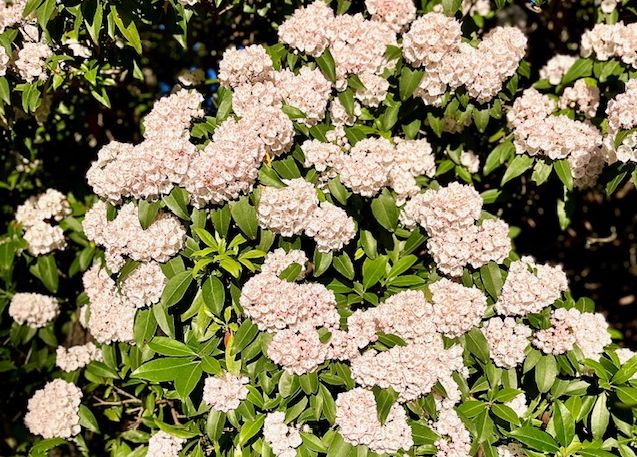
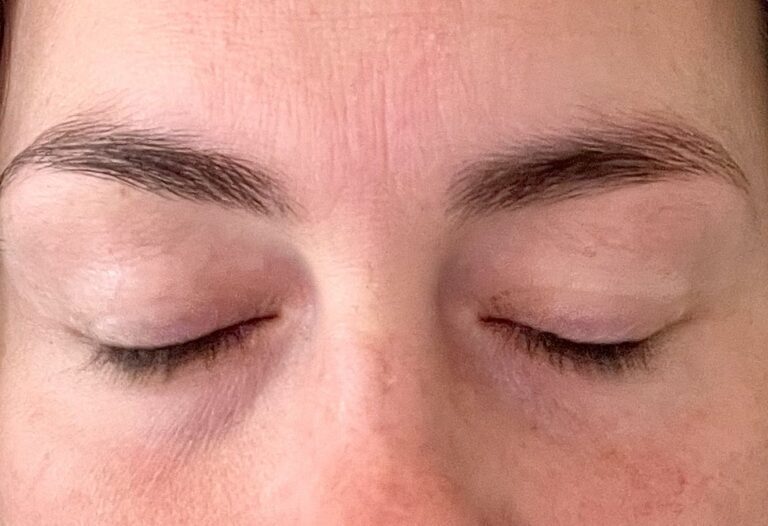
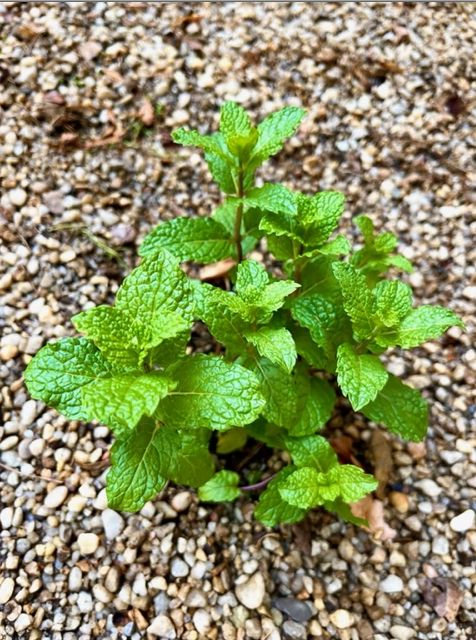
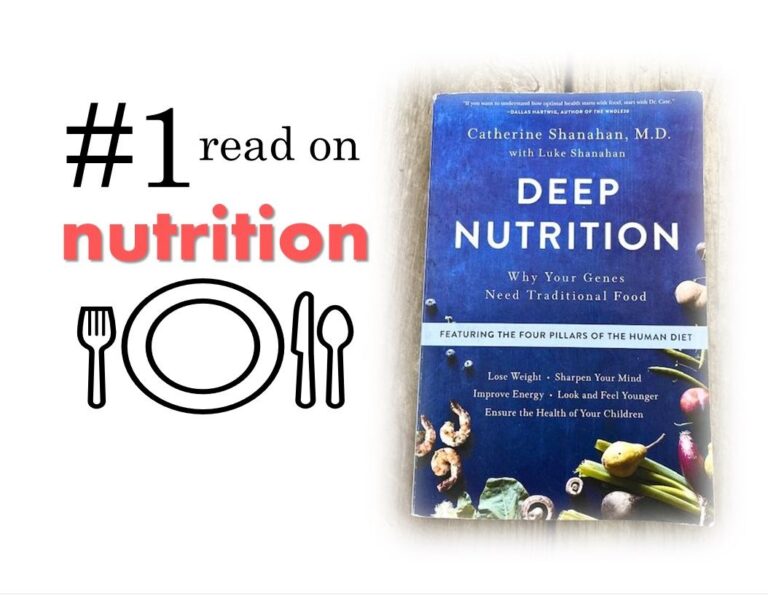

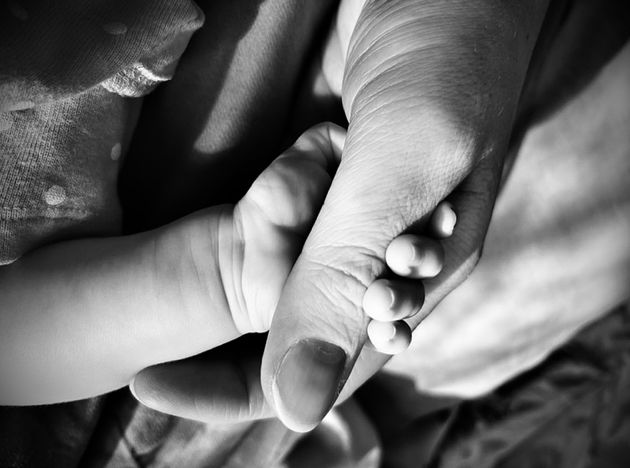
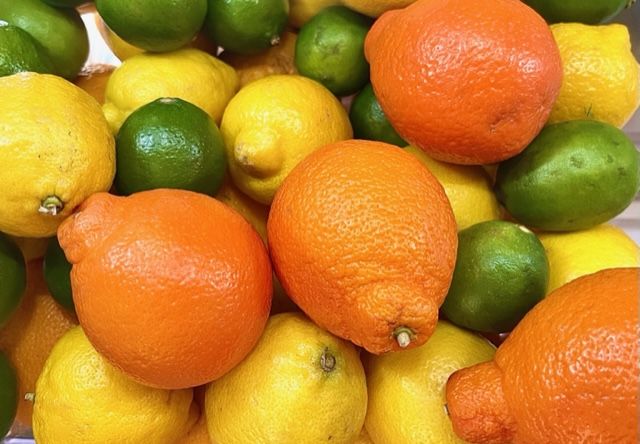
You have beautifully told the anguish and the rapture that is Motherhood. Mothers are sublime creatures and should be held in esteem by all — because of all that they do, and all that they are. Your essay has given a great gift to Mothers everywhere.